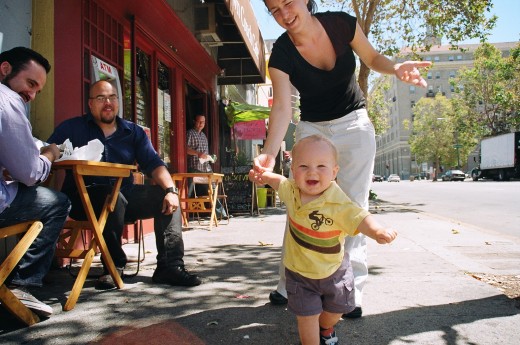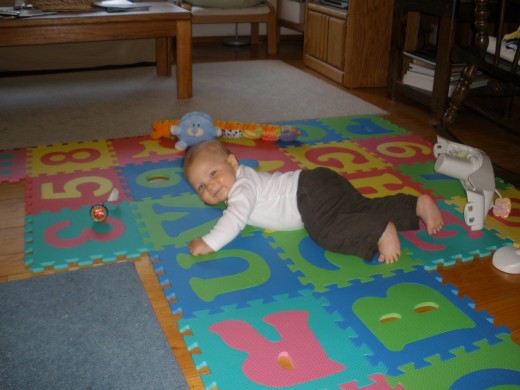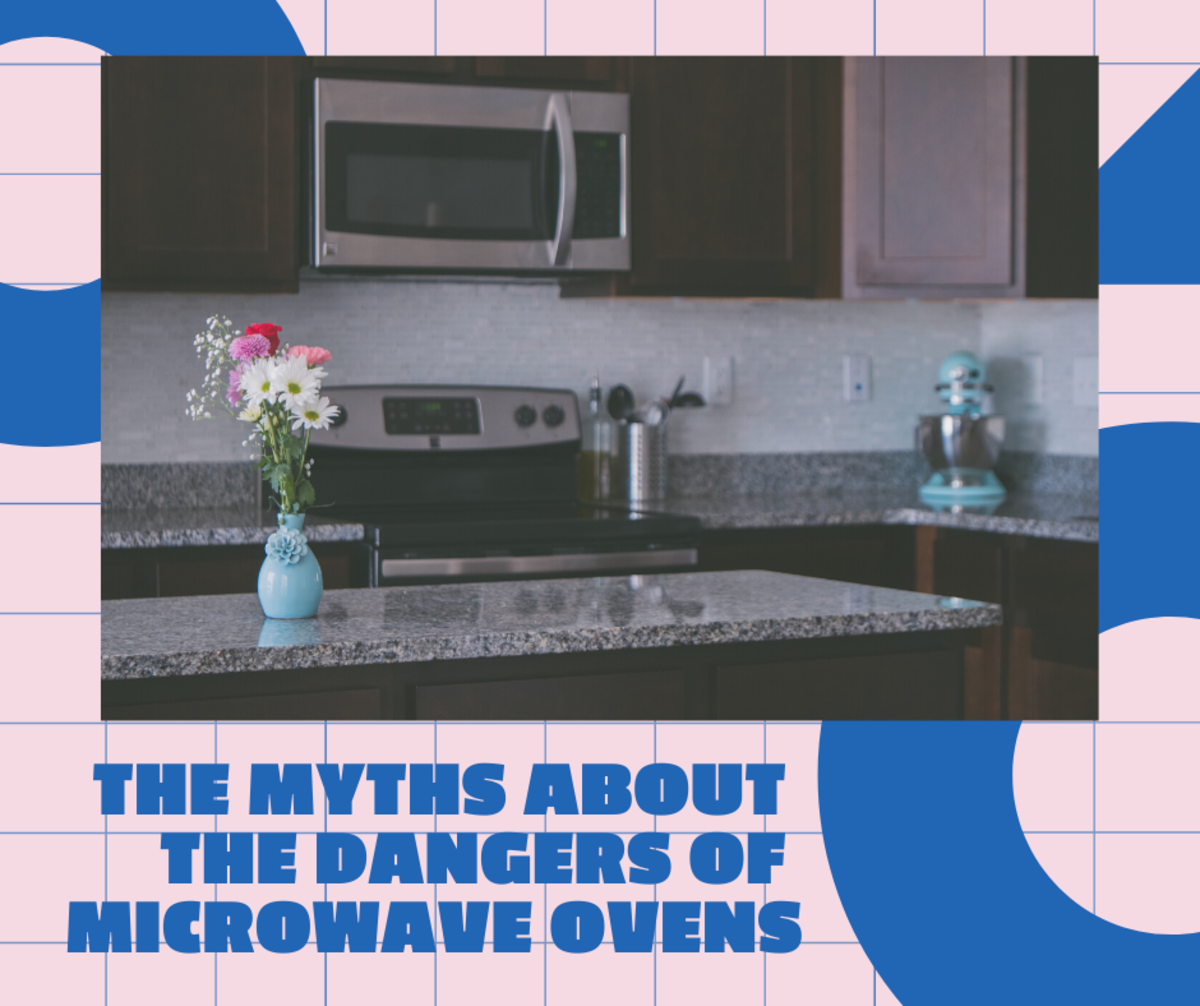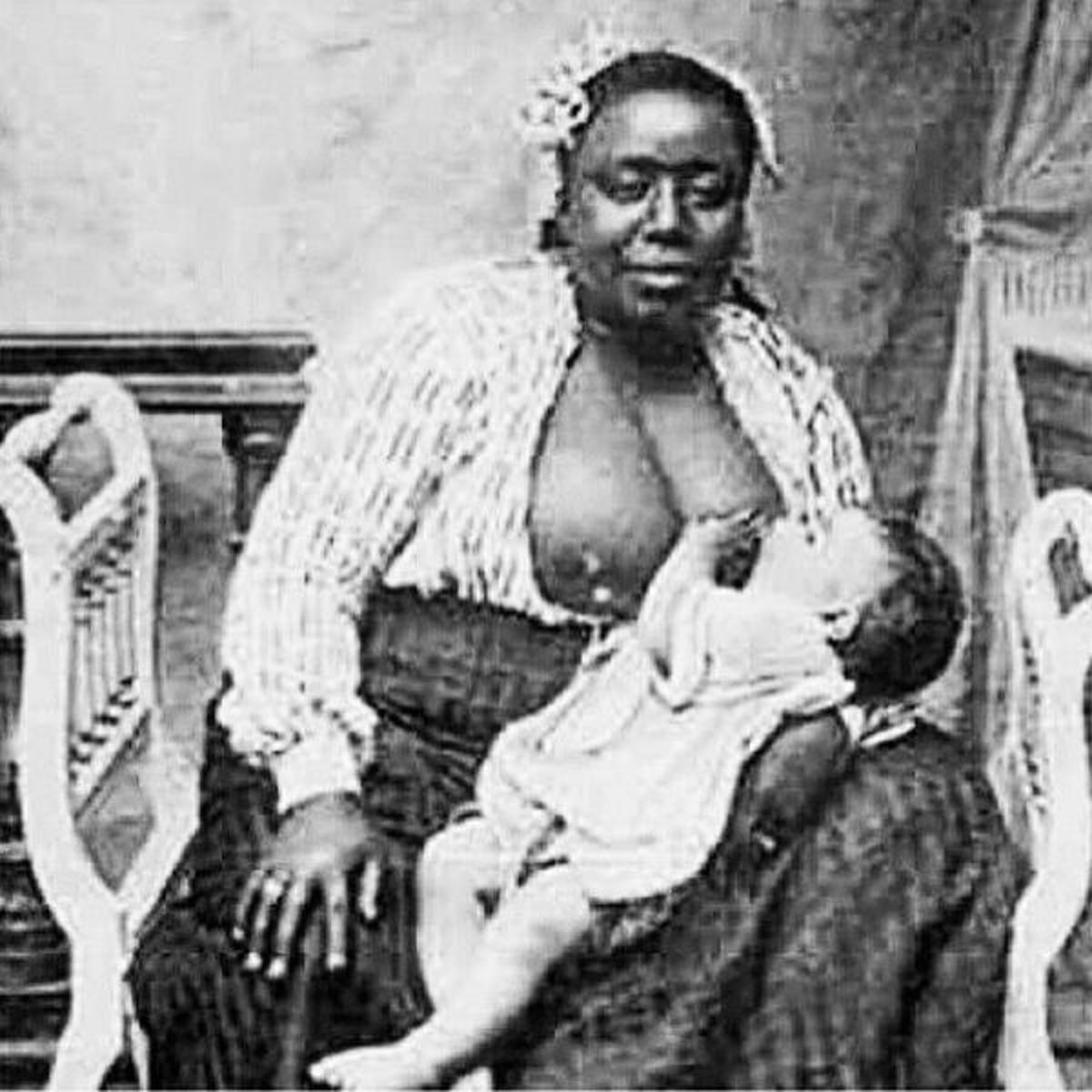The Truth About Whether You Should be Concerned if Your Baby Skips Crawling and Goes Straight to Walking

The Key: Understanding the Difference Between Causation and Correlation
I took a personal interest in this issue when my son went straight to walking (talking first steps at 10 months - so he was on the early side) without ever crawling. He started walking around well on his own by 12 months, and didn't learn to properly crawl until 18 months. I had well-intentioned friends and family members telling me that I had to "teach" him to crawl before he walked or else he would never learn to read. This didn't resonate with my experience of my son's development, so I started doing some research into where this information was coming from. The more I learned, the more I understood that the issue is much more nuanced than most people think.
There is a lot of misinformation out there, and a surprising lack of well-explained research, about whether it's critical for a child to crawl before they start walking. The bottom line is that not crawling can be one symptom of other developmental problems, but not crawling, on its own, is not necessarily a problem. It helps to have a basic understanding of the difference between causation and correlation. Not crawling has been associated (correlated) with certain developmental problems. But this does not mean that it causes those developmental problems. For an easier example, we can say that rain has been correlated with the ground being wet. Everyone understands that this does not mean that the ground being wet causes it to rain. In fact, we know it is the other way around. So too with not crawling. It is likely that certain underlying developmental problems may cause a child to skip crawling, but not the other way around.

Did your child crawl before walking?
My Son's Story of Skipping Crawling
My son did not crawl at all, but learned to walk well between 10 and 12 months. I'm talking about no crawling whatsoever - no army crawling, no bear crawling, no nothing. The most he could move on his own was the little mileage he would get from spinning on a circle on his butt, or going over onto his knees and one hand while reaching for a toy (and then plopping back to sitting). From what I've read, a lot of people say their kid "skipped crawling" and then in the next breath talk about the kid's funny little army crawl. To me, this is like saying that you skipped dessert but then mentioning that you did have a bite of your husband's cheesecake. My kid was not even looking at or smelling the cheesecake.
We read all the information about the importance of tummy time (for example, here is what the Mayo Clinic has to say), and we did try to do it every day, but my son pretty much hated it all the time. From very early on, he could bear weight on his legs, and he just loved standing up. He learned to pull himself up and just loved having us walk him around holding his hands. I imagine that had he not been a first child, and had we not been willing to walk him around all the time, he might have just ended up being frustrated for a while and then learning to crawl sooner, but as it happened, he learned to walk first. I was worried that he wouldn't fall as well not being a crawler, and to a certain extent that was true, but he never really hurt himself and learned how to fall or ease himself down pretty quickly. Finally, at 18 months, he took his first crawls! He has been very developmentally on track in every other regard, and well ahead in verbal milestones.
Luckily, we had a very mellow and research oriented pediatrician who assured us that without any other symptoms of developmental delays, we did not need to worry at all about him skipping crawling.
Information from Reputable Sources: Books
As I mentioned, it is remarkably hard to find information on this topic that is actually backed by research.
Here's a brief summary of what's in some of the major books about the first year and milestones:
- "What to Expect the First Year" (Eisenberg, Murkoff, and Hathaway) says that plenty of babies never crawl at all. The authors call it an "optional skill." (Page 391 in the copyright 2003 edition)
- "Touchpoints" (T. Berry Brazelton, M.D.) very clearly says that "crawling is not a necessary milestone" and that it is a myth that unless a child crawls, she'll never be coordinated and will have learning problems later. (Page 106 in the copyright 2006 edition). The author, Dr. Brazelton, does not cite any specific research to support this, but he is a respected child development expert. He also emphasizes that babies will learn to crawl when they are ready, and that it's not necessary to have tummy time in order to learn to crawl. (Page 95 in the edition copyrighted 2006).
- "What's Going On In There? How the Brain and Mind Develop in the First Five Years of Life" (Lise Eliot, Ph.D.) is the most research based book I've seen on child development. Interesting, the motor milestones they focus on in the chapter on that topic (Chapter 11) are sitting, reaching, and walking. They don't discuss crawling as a major milestone, and don't say anything about whether it's important to crawl. Given the extent of the research they cite for how the other motor milestones operate, I think this gives some weight to the idea that crawling is not critical.
Studies suggest no harm in carrying your baby as much as works for both of you
Information From Reputable Sources: Articles
I was the most reassured that I was on the right path when I came across an article from Scientific American on this subject. I spend a little more time summarizing it because I think it's fascinating.
- Scientific American article: "Crawling May Be Unnecessary for Normal Child Development." It talks about research by an anthropologist who studied a tribe in Paupa New Guinea where the children skip crawling completely because they are carried until they are ready to walk. It also discusses other cultures where children are not put on the ground much, some for health reasons, and that crawling may be a relatively new, and particularly Western stage, that is not at all necessary for normal development.
- Parents magazine article on crawling. Says that there is no proof that skipping crawling leads to developmental problems. Of course, it's harder to cite to sources to support a lack of research, but I would hope they did their research.
Information From Reputable Sources: Websites
It's so hard to know what to rely on from the internet, but I've tried to find the sources that I find to be balanced and at least somewhat research based.
- Baby Center on "Developmental milestones: Crawling." Notes that more children seem to be skipping crawling, and this may be due to babies spending less time on their tummies because of the "Back to Sleep" campaign. Under "When to be concerned" it says: "if your child hasn't shown an interest in getting mobile by some means (whether it's creeping, crawling, rolling, or scooting), figured out how to move her arms and legs together in a coordinated motion, or learned to use both arms and both legs equally by the time she's a year old, bring it up at her next doctor's appointment." This is obviously a huge range of ways to get mobile, and doesn't suggest that crawling itself is in any way essential.
- Baby Center Expert Answer on a 9 month old who doesn't crawl yet. Again, says that if it's not accompanied by other delays, nothing to worry about. Says that sitting on ones own is a good sign that the trunk muscles are strong and he is developing as he should be. The person asking the question specifically mentions cerebral palsy, and the answer includes specific other things to look for as part of regular development.
- Skeptics Beta answer to the question "how necessary is crawling for proper child development?" I think the most useful part of this answer is an excerpt of a summary of a study from Britain that followed infants during the start of the Back to Sleep campaign in the 1990s as more parents put children to sleep on their backs. The study found that more children did not roll over or crawl on schedule and increasing numbers never crawled. At 18 months, they saw "absolutely no difference in these children's development."
In General, Taking a Relaxed and Calm Approach to Parenting Can Help!
- Best Parenting Books To Help You Be a Happier, Calmer, and More Relaxed Person
Reviews of four parenting books that take a positive, mindful and respectful approach to parenting. Includes summaries of the basic contents of the books and lessons learned.
Please Share Other Research in the Comments!
I hope this provides some more substantive information on this topic. As I was trying to learn about it, wondering if I should be concerned about my son skipping crawling, it was frustrating not to be able to find a summary of the reliable information on this topic. As with all aspects of parenting, learning to relax and enjoy each stage of development, however it evolves, turned out to be the best approach. Of course, I do not discourage people from asking their pediatricians or other reliable sources if they have concerns.
If you have other information to share on this topic, please share it in the comments!









